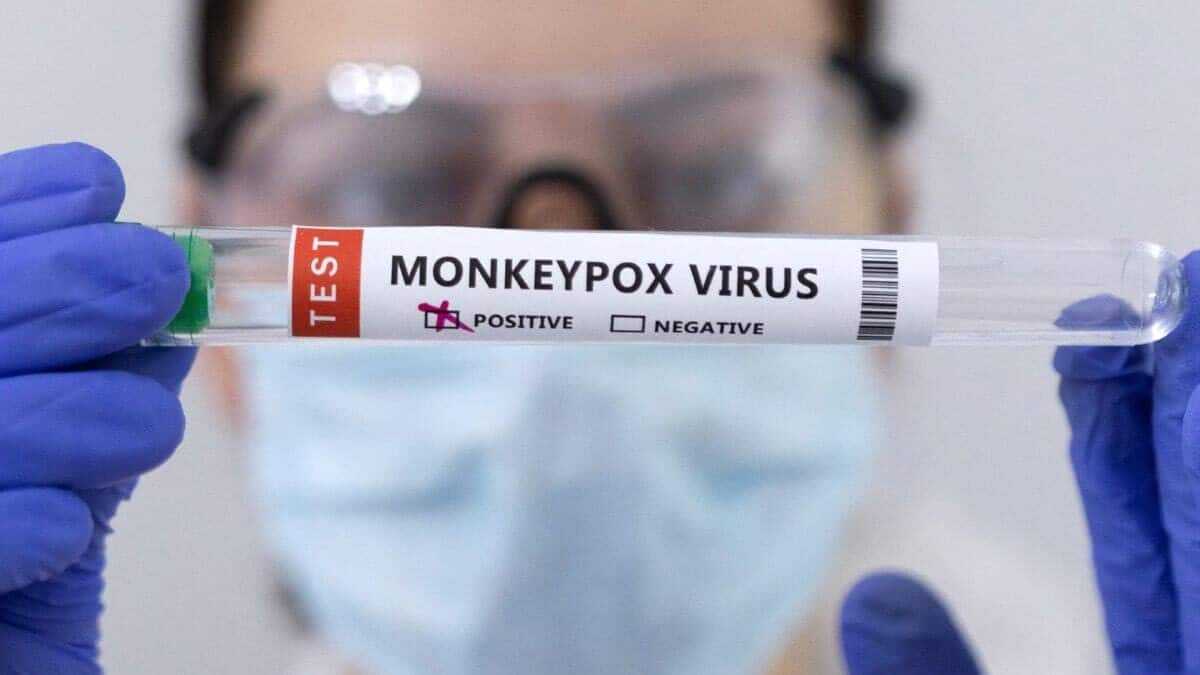
Key drug that fights deadly mpox strain found ineffective
What's the story
Researchers have discovered that the drug Tecovirimat, also known as TPOXX, used during the 2022-23 worldwide mpox outbreak is ineffective against the new Clade 1 strain of the mpox virus. This discovery was made during a trial conducted in the Democratic Republic of Congo (DRC), where this strain has been circulating since September last year. Clade I is a more dangerous type of mpox or monkeypox and is associated with more severe illness and greater mortality rates.
Drug background
TPOXX's history and original purpose
TPOXX was initially developed and approved by the US Food and Drug Administration (FDA) for treating smallpox, a disease closely related to but more severe than mpox. The recent study, sponsored by the National Institute of Allergy and Infectious Diseases (NIAID), part of the National Institutes of Health (NIH), found that while TPOXX is safe for use, it does not enhance recovery from Clade-1 mpox.
Expert opinion
NIAID Director comments on study results
The director of NIAID in the United States, Jeanne Marrazzo, called the results "disappointing." "But they give us essential information and reinforce the need to identify other therapeutic candidates for mpox while we continue research on tecovirimat use in other populations with mpox," she stated. Even so, the NIAID-sponsored study did reveal that deaths may be prevented when mpox patients were treated in the hospital.
Care impact
Researchers enlisted 597 mpox patients
The researchers enlisted 597 mpox patients who were all admitted to hospital for at least 14 days. The death rate, including those who received a placebo, was 1.7%, compared to at least 3.6% for all patients in the DRC, they noted. "This shows that better outcomes among people with mpox can be achieved when they are hospitalized and provided high-quality supportive care," the National Institutes of Health statement said.
Health crisis
WHO declares global health emergency due to mPOX
The World Health Organization (WHO) has declared a global health emergency due to the spread of this highly-contagious strain of mpox in parts of Africa and other regions. A recent report from the Centers for Disease Control and Prevention indicated that 67% of suspected DRC mpox cases and 78% of suspected mpox deaths have occurred in people aged 15 years and younger.